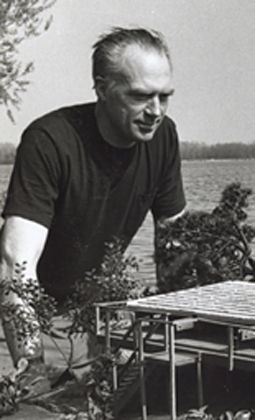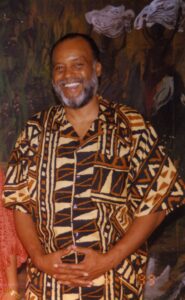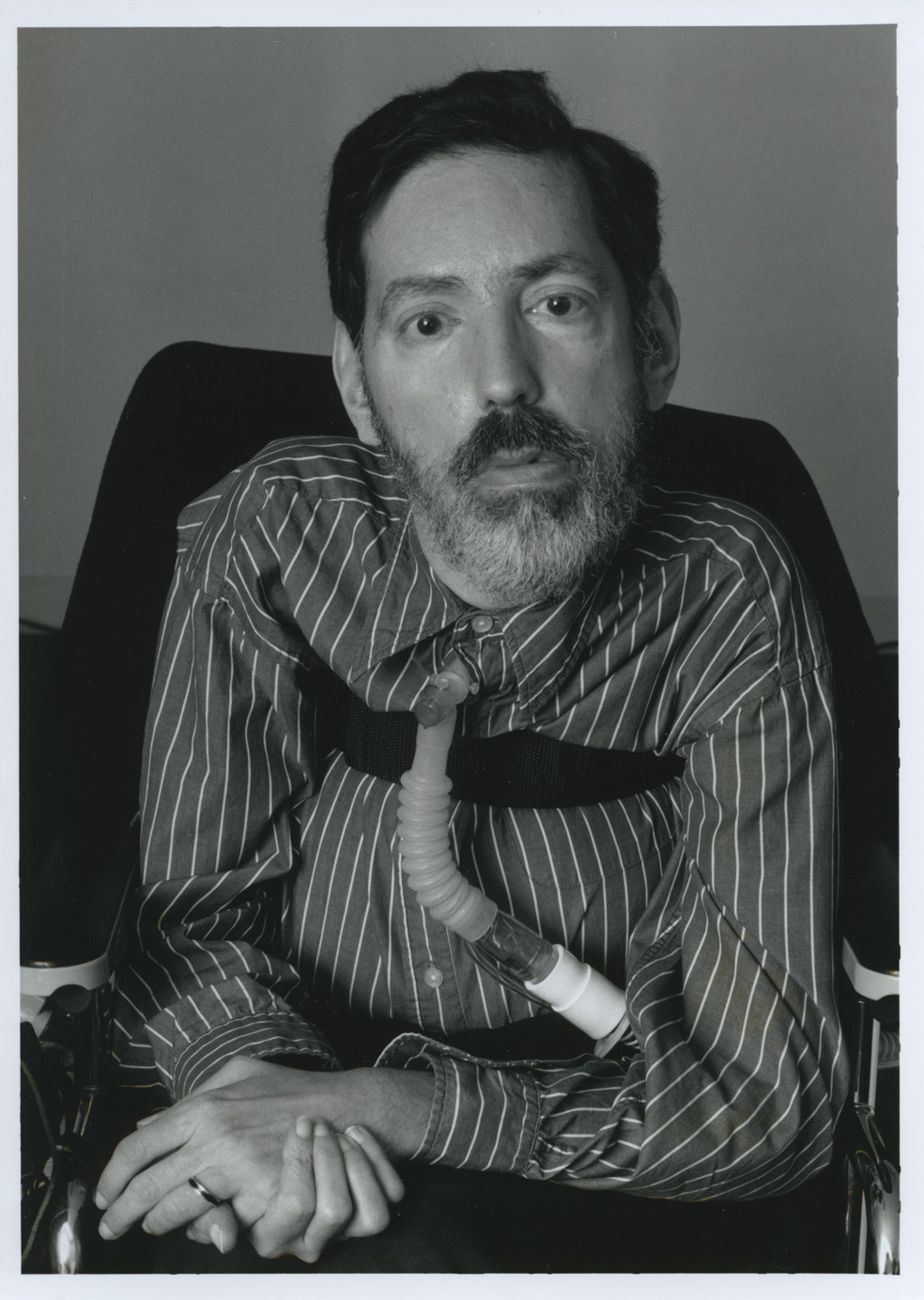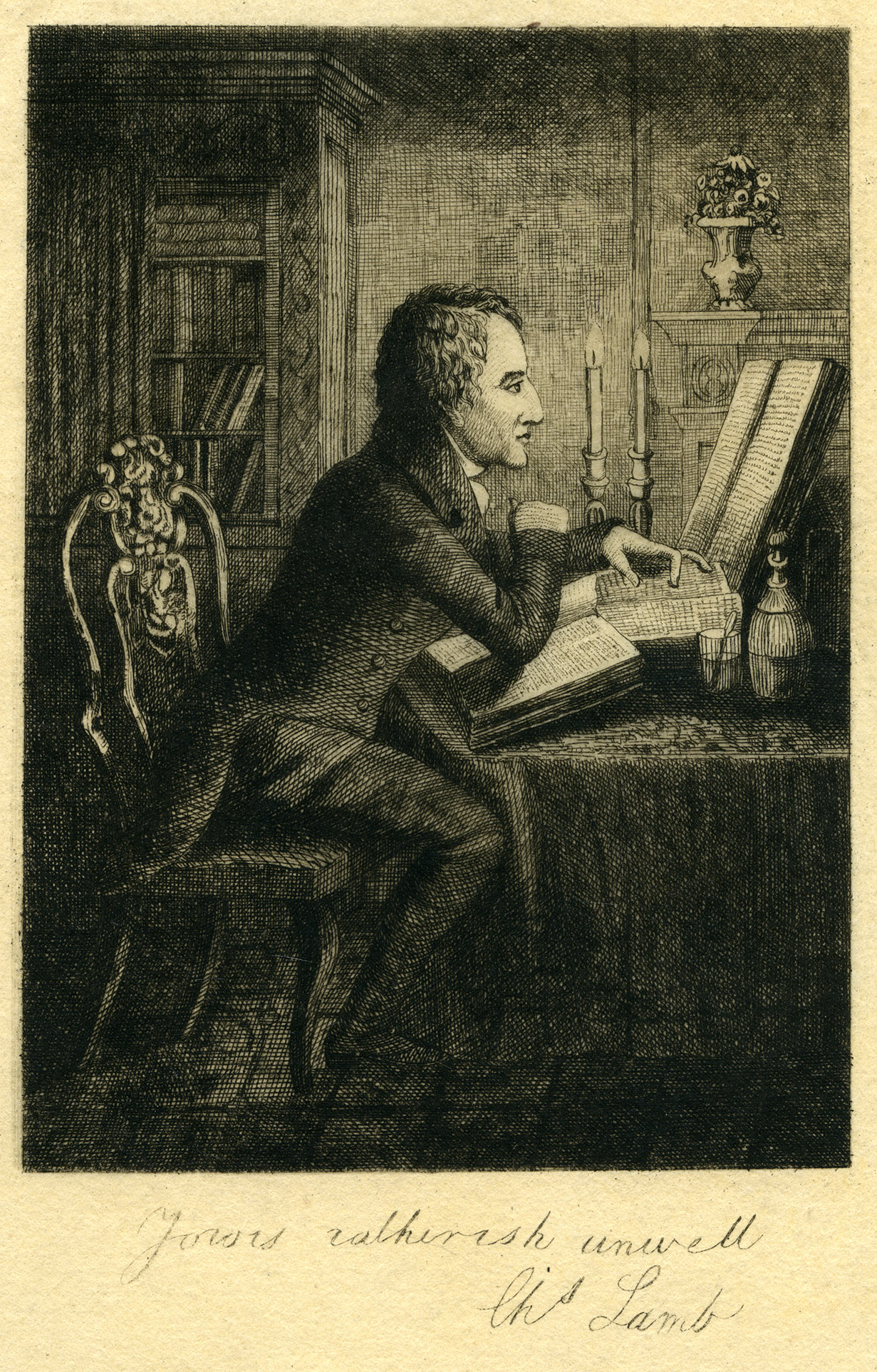Robert Francis Papers
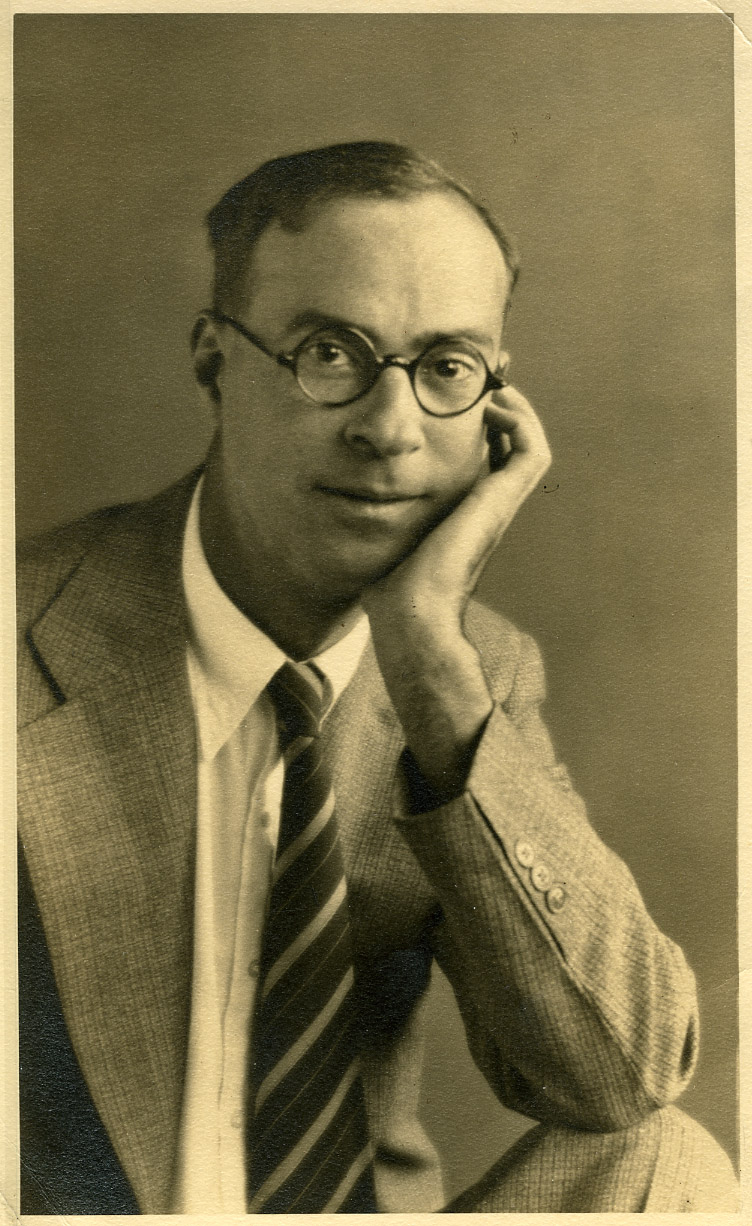
Nov. 1939
The poet and essayist Robert Francis settled in Amherst, Mass., in 1926, three years after his graduation from Harvard, and created a literary life that stretched for the better part of half a century. An associate of Robert Frost and friend of many other writers, Francis occasionally worked as a teacher or lecturer, including a brief stint on the faculty at Mount Holyoke College, but he sustained himself largely through his writing, living simply in “Fort Juniper,” a cottage he built on Market Hill Road in North Amherst. A recipient of the Shelley Award (1939) and the Academy of American Poets award for distinguished poetic achievement (1984), Francis was a poet in residence at both Tufts (1955) and Harvard (1960) Universities. He died in Amherst in July 1987.
The Francis Papers contains both manuscript and printed materials, drafts and finished words, documenting the illustrious career of the poet. Of particular note is Francis’s correspondence with other writers, publishing houses, and readers, notably Paul Theroux. Also contains personal photographs and Francis family records and a small number of audio recordings of Francis reading his poetry. Letters from Francis to Regina Codey, 1936-1978, can be found in MS 314 along with two typescript poems by Francis.
 Listen to interviews with Francis on "Poems to a Listener", 1977-1978
Listen to interviews with Francis on "Poems to a Listener", 1977-1978

